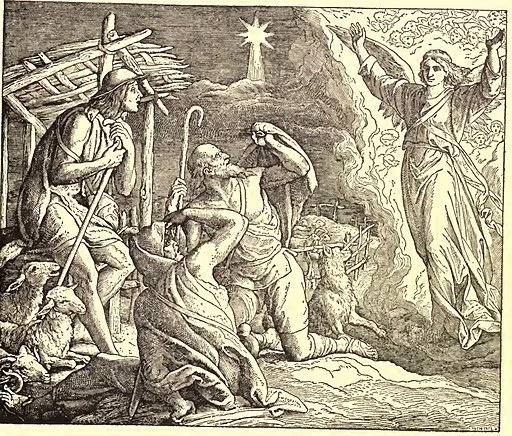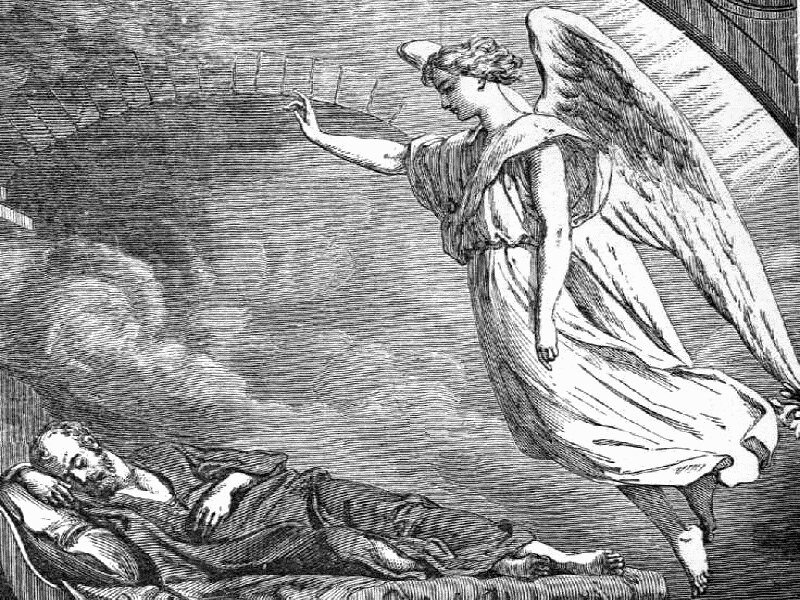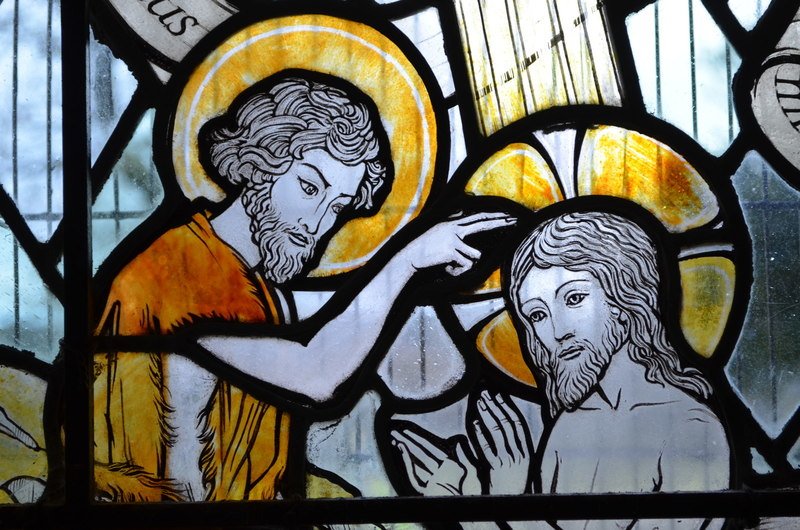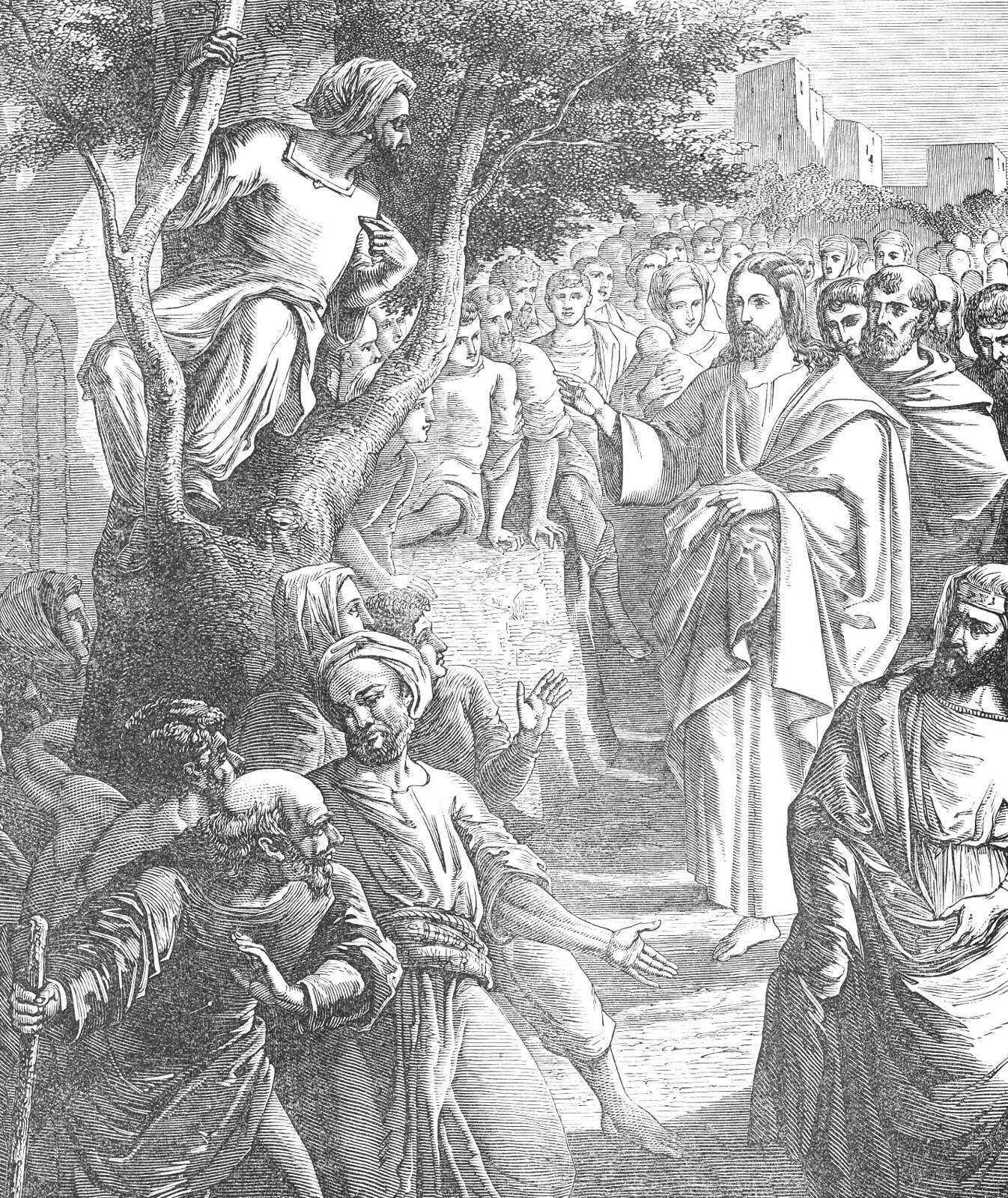St. John tells in the first chapter of his Gospel that the Word was with God, the Word was God, and the Word became flesh. God has become man he declares. And out of that, humanity receives three gifts that John brings forward. Father Jeremiah preaches about these gifts and their importance to our salvation in this Christmas Day sermon.
image: See page for author, CC BY 4.0 <https://creativecommons.org/licenses/by/4.0> no changes made, via Wikimedia Commons. Image location: https://commons.wikimedia.org/wiki/File:The_birth_of_Christ;_outside_the_crumbling_cave,_an_angel_an_Wellcome_V0034608.jpg




















